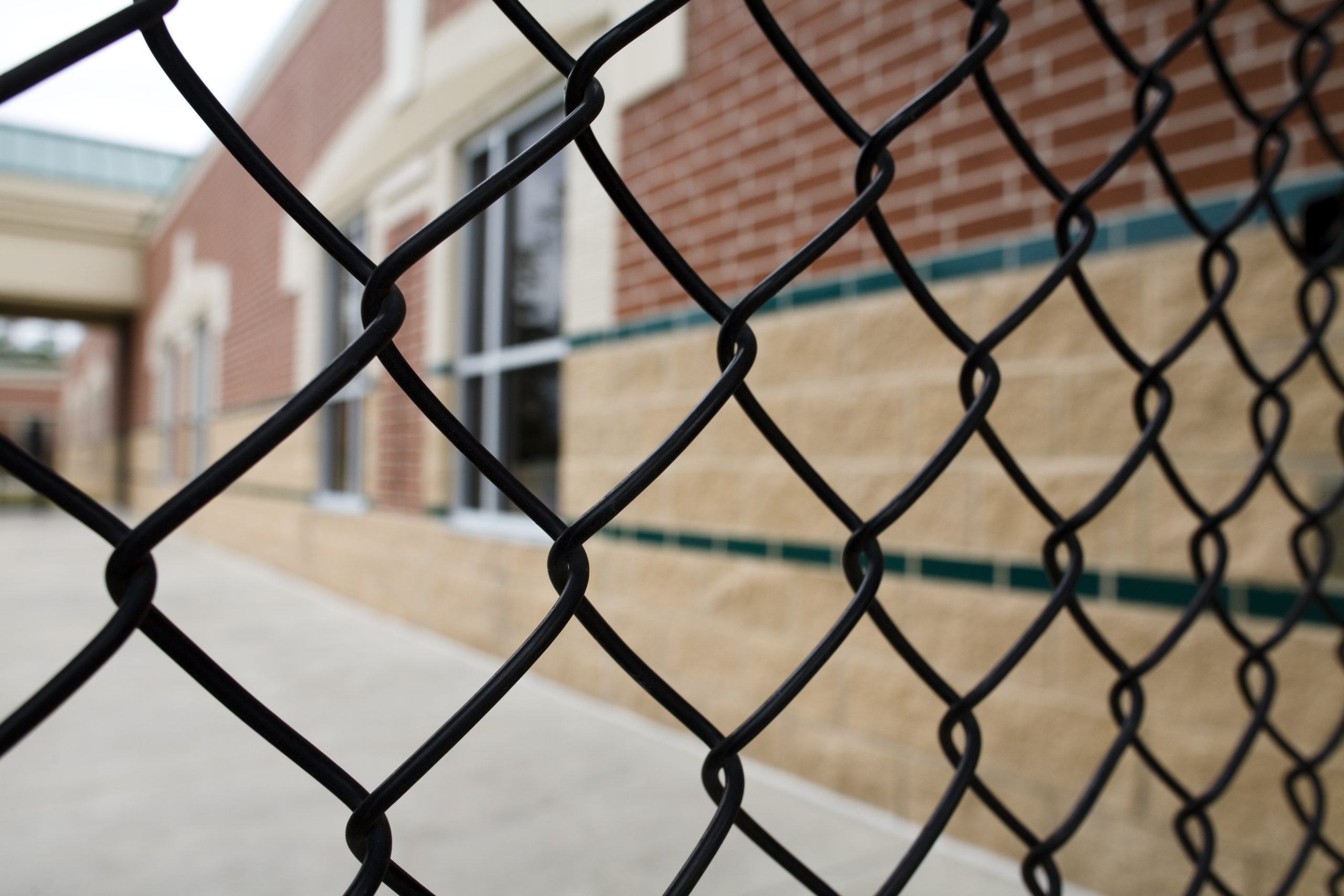As local educational agencies seek to diversify their teaching staff, a new survey shows recruitment isn’t enough — steps must also be taken to retain these educators.
In its first annual survey, the Black Educator Advocates Network found that while nearly half of Black educators reported that their schools demonstrate a commitment to building an anti-racist culture, only 21 percent said they felt their school effectively implemented protocols and programs to support Black educators and students adequately. Sixty-four percent of respondents noted the need for a school leader committed to creating a culturally affirming and inclusive environment.
“It’s clear that while some schools are making strides towards inclusivity, much work remains in ensuring that our Black educators feel valued, heard and supported,” said Jalisa Evans, founder and CEO of the Black Educator Advocates Network.
Research shows that Black educators have a positive impact on all students, but particularly for Black youth, who are more likely to graduate high school and go to college if they have had a Black teacher before fourth grade. Yet, Black educators currently make up only 6 percent of the teaching workforce, according to the report.
Among the key findings outlined:
- More than half of Black educators surveyed report having a school leader who is Black — a factor that likely influenced how they experience their school cultures.
- Black teachers reported shouldering additional responsibilities due to their race, such as having to educate others about racism, serving as liaisons to families of color and disciplining students of color. Educators also shared that they lead professional development sessions, teach classes on African American identity and address racism in their schools in various ways.
- Forty-five percent reported that their school values the expertise of educators of color and supports their professional development.
- A majority of respondents — 68 percent — reported that their school did not provide groups, spaces or resources specifically for Black educators to feel heard and seen. Respondents also shared that they faced challenges in expressing their cultural identity, ranging from discomfort with colleagues’ comments to a lack of support in addressing racism within their schools. Some mentioned feeling isolated or encountering resistance when discussing anti-Blackness or organizing cultural events.
Recommendations based on the findings include:
- Hiring more Black educators and staff
- Building an anti-racist, culturally responsive and inclusive school environment
- Creating safe spaces for Black educators and students to come together (e.g., affinity groups)
- Providing culturally responsive training for all staff
- Recognizing, providing leadership opportunities and including Black educators’ voices in decision making





